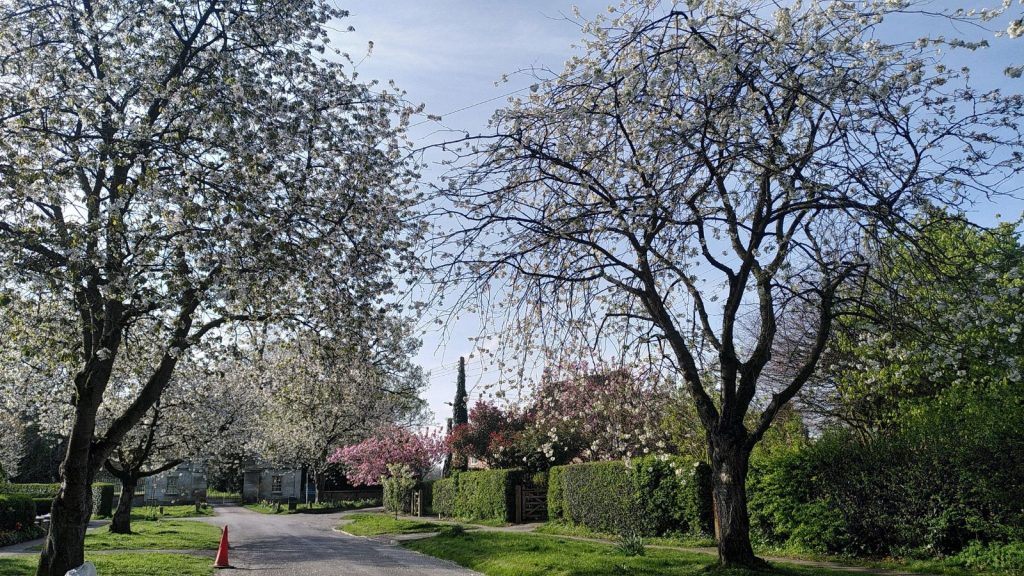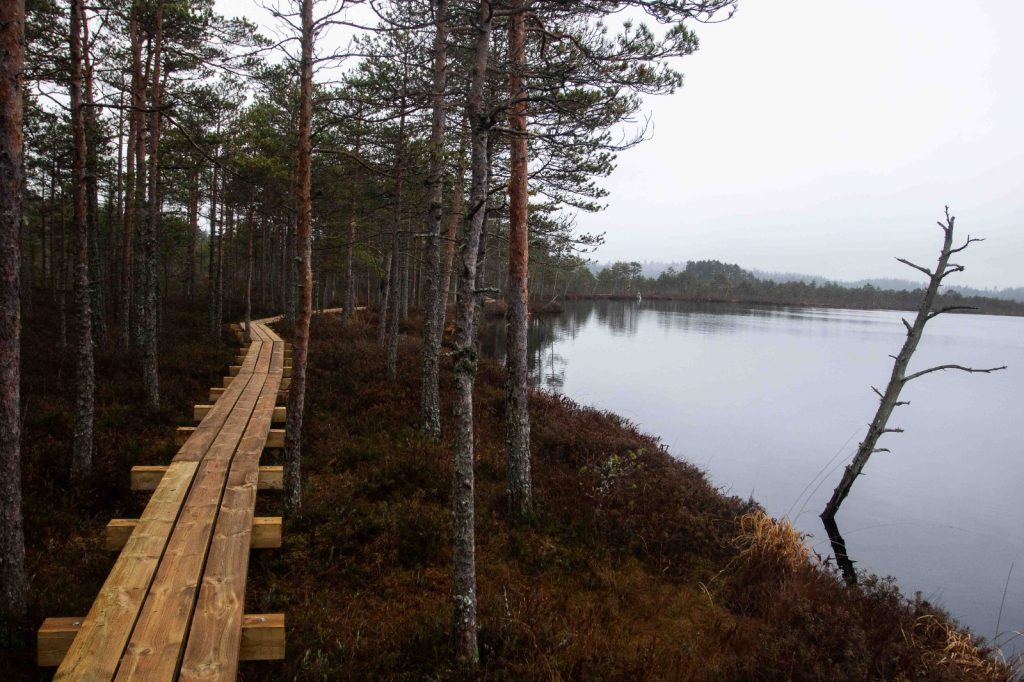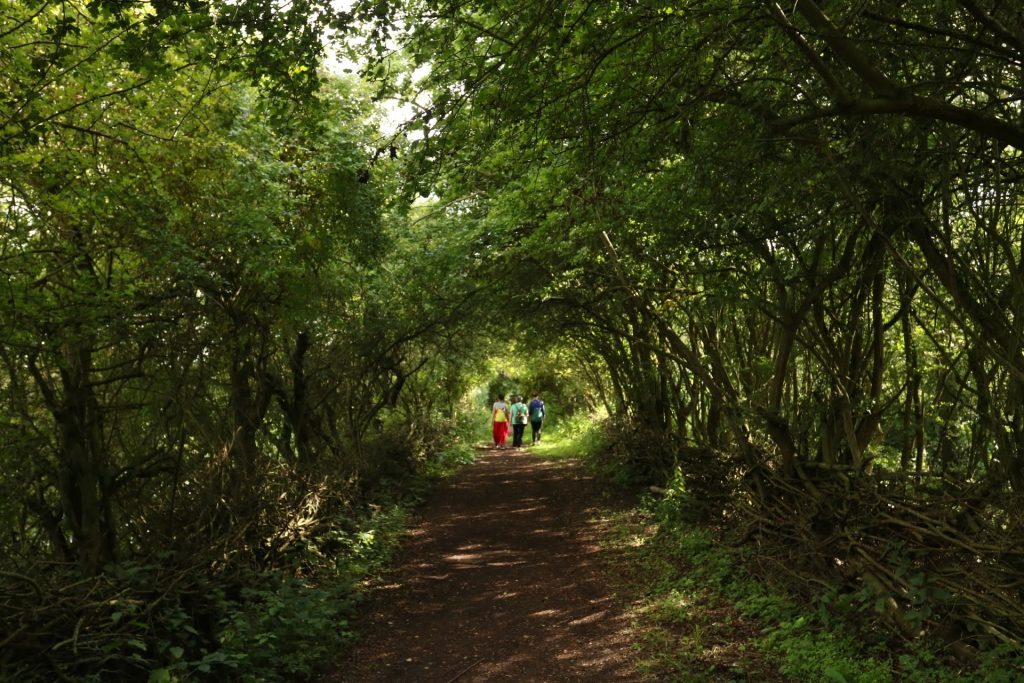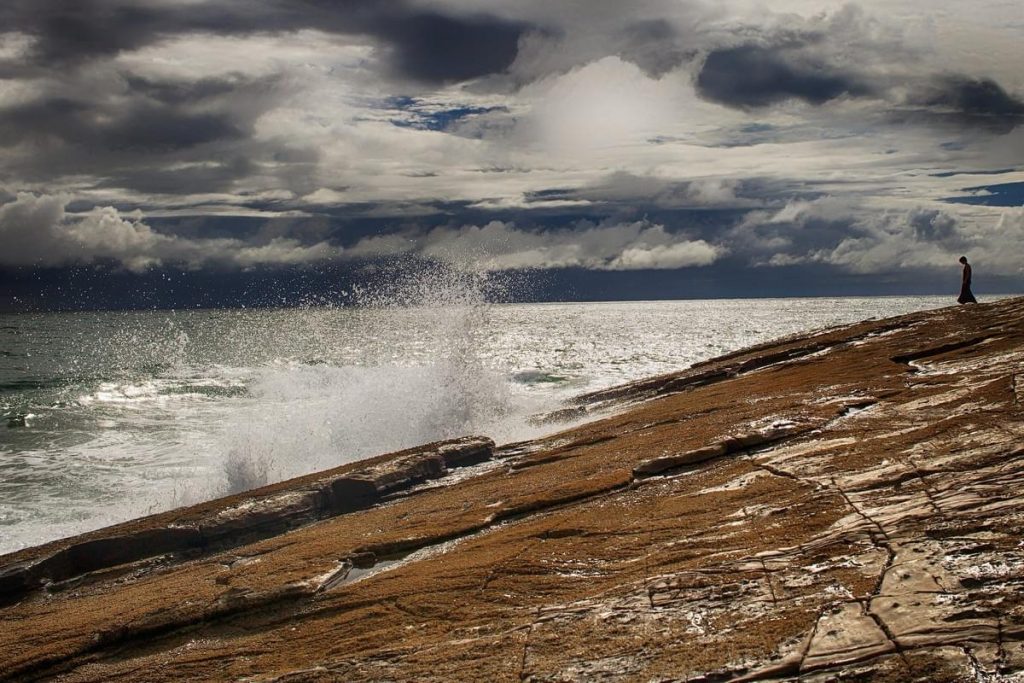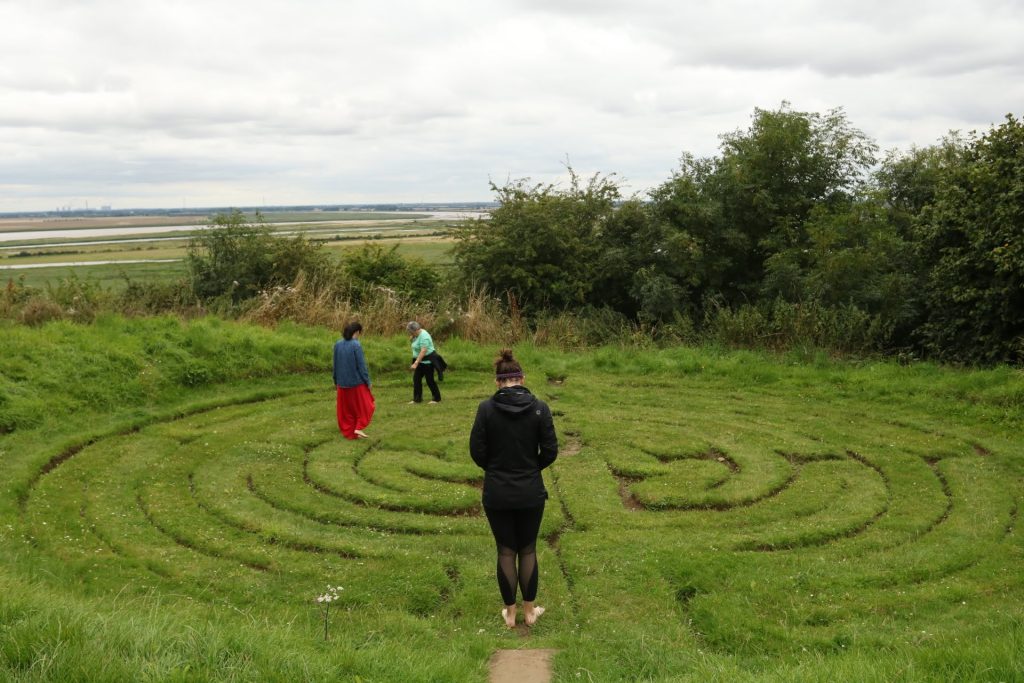A bone to pick with Bonnie Tyler: no more holding out for a hero

But on the cold light of a crisp October morning in 2020 – I’m seeing things differently.
Where have all the good men gone?
And where are all the gods?
Where’s the streetwise Hercules to fight the rising odds?
Isn’t there a white knight upon a fiery steed?
The tension builds as her chorus echoes her and a mysterious white man in white clothing on a white horse, enters the scene. Eventually he takes out the baddies, although he doesn’t seem to hose the house down so presumably that’s a sunk cost. The song climaxes in the final scene; after all that singing, despite inhaling a lot of smoke, Bonnie is submissive on her knees. She lifts her head up to look up gratefully into the eyes of her saviour.
That is my interpretation, if you plan to read on I invite you to watch the music video, dance a little and form your own impression:
Ok, welcome back. So here’s what I take issue with and it seems appropriate to address Bonnie herself, as if she might read this:
1. To your question,’ Isn’t there a white knight upon a fiery steed?’ No there isn’t. Bonnie, we fell for that one too.
We got duped; Prince Charming will surely show up any second? Or the Americans at least can be relied upon to use morse code and eradicate the alien threat right (Independence Day)?! For too long have we been waiting for fictional knights in shining armour to save us from the clutches of death, or doom, or evil. We’ve believed we were all mere damsels in distress. Rather than skill up to fight we just leaned further out of the window, craned our necks and looked into the horizon. Or in your case Bonnie, shifted key. We’re indignant when those that might look a bit like modern knights (read: politicians in suits who sound posh) don’t seem to be saving us one bit. In fact, sometimes they seem to be making the situation worse. But their our heroes! How could they let us down like that? We mumble and splutter but rarely seem to get off our chair and do anything about it. Maybe another hero will be along in a minute…
2. Bonnie, you’re wondering where all the good men have gone but your tribe is right there!
We can assume they’re within earshot because you’re all so well synced. Seven fabulous women right there, plenty of bucket-carrying strength to attempt to put the fire out, enough know-how to see off the shadowy baddies or at least dupe them with sleep-inducing baked muffins? (Harry Potter). You just need to organise.
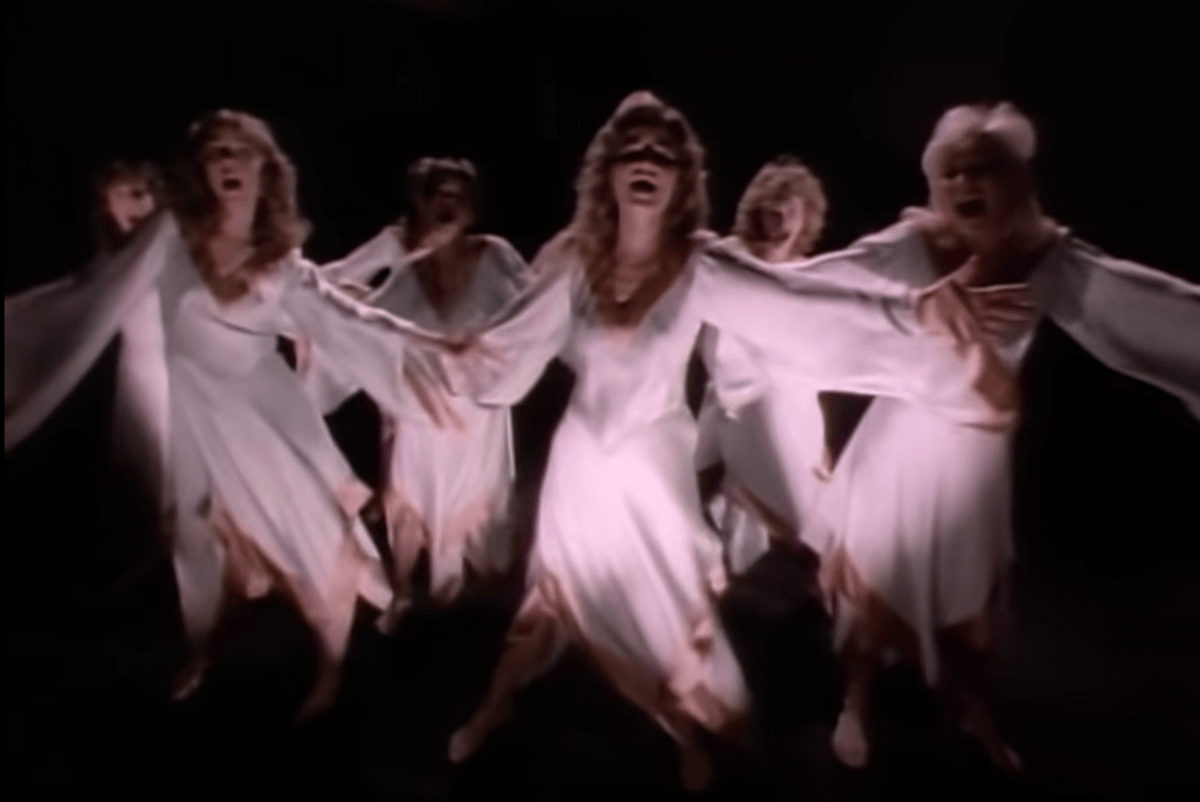
When you released this song in 1984 Margaret Thatcher had been in power for 5 years and Ronald Reagan for 4; the leaders that brought neoliberal economics, individualism and rampant consumerism and made them mainstream, exported via globalisation. But you lived through the 60s and 70s and the rise of the women’s liberation movement, the first wave of global environmental organising and the first Earth Day following Rachel Carson’s Silent Spring. People were organising. I was born in 1987, ‘individual consumer’ is all I have ever known. I have absorbed the idea that I have to solve all the problems alone, with my wallet. Only now I am relearning what it means to reclaim my role as citizen and community member. Organising in groups seems key.
3. Bonnie, don’t wait until the end of the night, your house is clearly on fire.
The time to act is now. You know what you have to do. Douse your house in water. I know 1984 looked bad, the Orwellian year with that creepy Apple TV advert, miners’ strike turned violent and a pandemic breakout in the form of AIDS. Oh and Bandaid (Btw: that didn’t age too well).
But honey, 2020 is even worse. We get bombarded with thousands of ads a day, Apple is now worth $2 trillion, inequality is on the rise, strikes and protests are kicking off around the world often in the face of police violence and we have a fresh pandemic. Not to mention a climate and ecological crisis that we’ve been staring down for most of my lifetime.
And we’re still waiting! 😳
Our planetary house is on fire now and some of us are getting impatient, last year 6 million people around the world went out on strike for the Climate Youth Strike. The pandemic has put a spanner in the works but people are getting creative or just plain angry. The time to act is now.
4. So let’s not hold out for a hero Bonnie.
You are the hero Bonnie. 👩🎤
That’s more like the story we need to hear, especially in 2020. Each of us have power and can bring about change and not just with what we choose to buy, or our vote once every 4 or 5 years.
But perhaps it’s even more than that, maybe the problem is the hero in the first place?
Heroes steal the limelight not just in songs but in fiction, news and history too. This excellent essay from Rebecca Solnit explores this idea. She argues heroes need followers and “followers are people who’ve surrendered some of their capacities to think and to act. Unfortunate the land whose citizens pass the buck to a hero.” She adds that heroes tend to be elitist and institutions promoting heroes tend to reflect that elitism. She concludes that elites have a vested interest in maintaining the status quo of mainstream apathy.
Well, no more Bonnie.
There is one more problem. Solnit writes, “we are not very good at telling stories about a hundred people doing things or considering that the qualities that matter in saving a valley or changing the world are mostly not physical courage and violent clashes but the ability to coordinate and inspire and connect with lots of other people and create stories about what could be and how we get there.”
Thankfully Bonnie, I know just the song.
Can I suggest when you’re next feeling apathetic or unsatisfied by late-capitalism you invite your tribe over and turn this up loud?
Cause we’ve got work to do.
Annie and Aretha, take it away. 👯♀️👯♀️👯♀️👯♂️👯♂️👯♂️
Now this is a song to celebrate
The conscious liberation of the female state!
Mothers, daughters and their daughters too.
Woman to woman
We’re singin’ with you.
The inferior sex got a new exterior
We got doctors, lawyers, politicians too.
Everybody, take a look around.
Can you see, can you see, can you see
There’s a woman right next to you.
Sisters are doin’ it for themselves.
Standin’ on their own two feet.
And ringin’ on their own bells.
Sisters are doin’ it for themselves.
*Dedicating this choon to the Paris girls – a constant source of energy and inspiration of our own agency,
Still here?
Ok here’s the evidence. Thanks for reading.
Me in my best 80s gear, wearing one of my mum’s party pieces. The original shoulder pads have been toned down.

